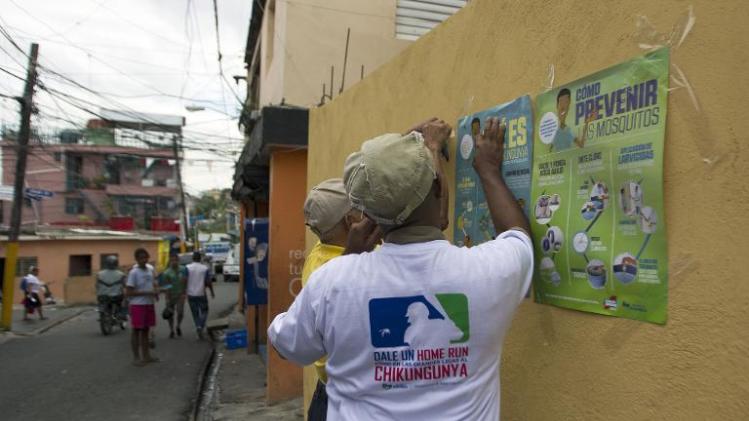San Salvador (AFP) -
Salvadoran health authorities confirmed Saturday that a dengue-like
disease that has been spreading across the Caribbean has now appeared in
the Central-American country.
Health
Minister Violeta Menjivar said at least 1,200 people have been formally
diagnosed with the chikungunya viral disease, although the positive
testing must still be confirmed by the US Centers for Disease Control
and Prevention.
Menjivar,
interviewed by state-run Channel 10 television, said that cases were
found on the outskirts of the Ayutuxtepeque municipality just outside
the capital San Salvador.
In
that area at the end of May, the ministry's epidemiologists and
infectious disease specialists detected an outbreak of a rare viral
disease that caused fever and skin rash, which they said affected at
least 181 people.
She said suspected cases were also found in residents in two other area on the edge of northern San Salvador.
The mosquito that transmits chikungunya -- the Aedes aegypti -- is the same one that spreads dengue.
The health ministry has asked people "to eliminate breeding sites" at their homes.
There
is no vaccine or treatment for chikungunya, which has infected millions
of people in Africa and Asia since the disease was first recorded in
1952.
It has also spread to
southern Europe -- with an outbreak in Italy in 2007 and southern France
in 2010 -- and arrived in the Caribbean last year, appearing in
Martinique and Saint Martin.
Chikungunya produces symptoms similar to dengue, including high fever, joint pain and skin rash.
The
disease's name is derived from an east African word meaning "that which
bends up," referring to the way that patients are stooped over in pain.



No comments:
Post a Comment